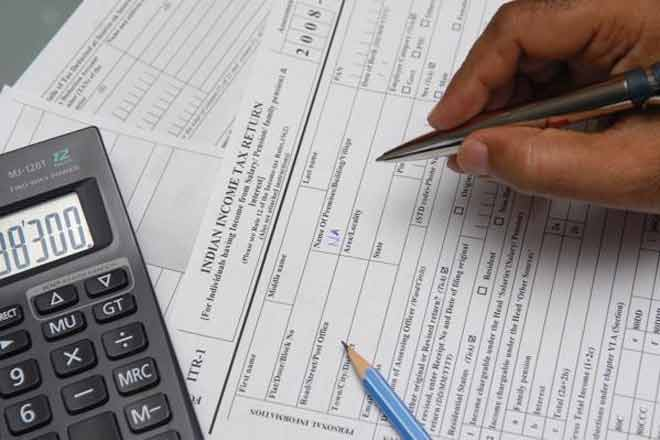Non-resident Indians who wish to return to India permanently can open an RFC account. Read on to know about this account.
Many Non-Resident Indians or NRIs wish to return to India after living for several years in a foreign country and retire in their homeland. While you return to India for good, you may have some investments in the foreign country or bank account balance. You would like to bring back the foreign currency in your overseas bank account. But, you cannot open and operate a regular resident Indian savings account when you return to India. Instead, you must open an RFC (Resident Foreign Currency) account. It allows you to credit your income from foreign sources in India.
Who can open an RFC account?
All Non-resident Indians who have returned to India on or after 18th April 1992 are eligible to open a Resident Foreign Currency account in India. The RFC account can be opened only by those employed overseas and have lived in a foreign country for at least one year before returning to India.
Thus, NRIs and PIOs (Person of Indian Origin) who wish to return to Indian and settle down here can open an RFC account to manage their foreign funds and income from overseas. If you hold an RFC account, you can easily convert it into NRE (Non-Resident External), NRO (Non-Resident Ordinary), or FCNR (Foreign Currency Non-Resident) account if you become an NRI again.
What type of RFC account can you open?
You can open and maintain an RFC account as a savings account, current account, or term deposits (recurring deposit or fixed deposit) to suit your specific needs. Also, you can maintain a joint RFC account with the eligible person. If you are looking for a risk-free investment option to keep your foreign earnings safe in India and get valuable returns, you can consider maintaining an RFC fixed deposit, which has a lock-in period of one to three years.
Documents required to open an RFC account
The documents required for opening an RFC account may differ from bank to bank, but mostly the banks ask for the following documents:
- Photocopy of a valid passport and valid visa with immigration stamp showing evidence of your stay in a foreign country for at least one year
- Proof of identity, residence proof
- RFC declaration from
Nomination Facility
You can appoint a resident Indian or a non-resident Indian as a nominee to your RFC account. In the event of your untimely demise, the bank will pay the balance in your RFC account along with the accrued interest to the nominee in Indian currency. If the nominee is an NRI and lives overseas, the bank will remit the amount to their overseas bank account or their NRE account.
For what purposes can you use the funds in the RFC account
- One of the important RFC account features is that it allows you to use the funds for payments towards the investments abroad.
- You can use the funds for the maintenance of dependant family members living abroad or for any personal purposes
- You can also use the account balance to make payments towards investments in India and for your personal expenses
Tax Implication on RFC account
The interest rate offered on your RFC account varies based on the currency in which you hold the deposit, and the interest earned on the deposit is taxable in India. You can claim tax benefit by showcasing your RNOR (Resident but not ordinarily resident) status at the start of the financial year. You must also know that you cannot avail of any loan or overdraft on your RFC account balance.

